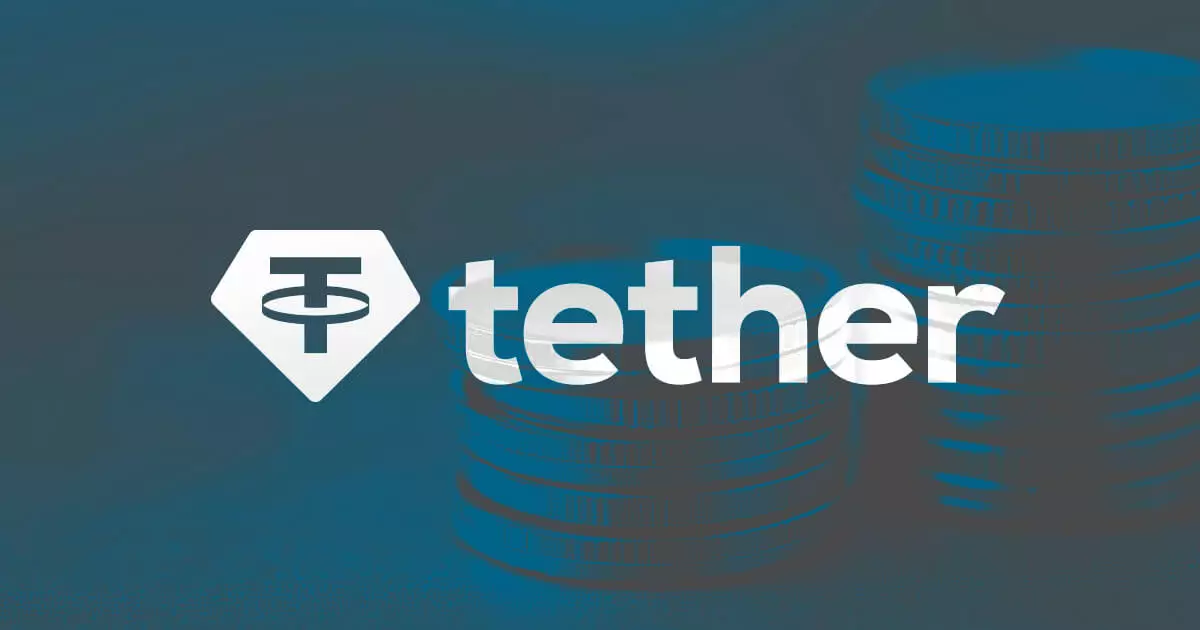In the fast-paced realm of cryptocurrency, where news travels swiftly and misinformation spreads even quicker, Tether has found itself at the center of controversy once again. The stablecoin issuer faced speculation following report claims from the Wall Street Journal (WSJ) asserting that federal prosecutors in Manhattan were investigating the company. Such statements can gravely impact a cryptocurrency’s reputation and market performance. Tether’s CEO, Paolo Ardoino, promptly dismissed these allegations, remarking that the WSJ was merely “regurgitating old noise.” This reaction illustrates how essential timely clarification is in an industry marked by volatility and rumors.
The disappointment expressed by Tether in response to the WSJ article underscores the significance of responsible journalism, especially in sectors like cryptocurrency that are still striving for legitimacy. Tether released an official statement, categorically denying any investigations. The company’s stance is resolute: they claim that the discourse surrounding investigations is rooted in “pure rank speculation.” This highlights a critical issue that many companies in the crypto space face—navigating narratives that can be unfounded yet damaging.
Additionally, Tether has challenged the media narrative by emphasizing their commitment to cooperating with regulatory authorities. Ardoino’s remarks emphasize the company’s ongoing efforts to enhance its compliance and transparency measures, which certainly deserves acknowledgment against the backdrop of speculative reporting.
Importance of Transparency and Collaboration
Tether’s assertion that its reputation is being tarnished by “irresponsible reporting” shines a light on the essential need for transparency within the cryptocurrency sector. With legislation and regulatory scrutiny becoming increasingly common, Tether is working to uphold strict compliance measures. The establishment of their External Investigations Unit, which includes ex-law enforcement personnel and forensic analysts, reflects a proactive approach to prevent misuse of their platform.
Moreover, their contribution of aiding 180 agencies across 45 jurisdictions indicates a commendable level of cooperation with law enforcement. This level of engagement is imperative as cryptocurrencies struggle for legitimacy and sometimes intersect with illicit activities.
In a rapidly changing landscape, consistently reaffirming commitments to robust practices and transparent operations could help Tether distance itself from ongoing allegations and improve public trust. Their reported actions of freezing assets and blocking funds connected to fraud show a willingness to tackle illicit operations head-on, setting an example for other crypto companies.
To cultivate trust not just with regulators, but with users and stakeholders alike, Tether must continue to engage positively with the media and the public. By fostering open communication, they can not only counteract baseless rumors but also demonstrate a commitment to responsible practices that could enhance their reputation in the long run. Amidst uncertainties in the crypto world, such efforts can signal confidence and stability to both current users and potential investors, reinforcing Tether’s place in an ever-evolving market.

